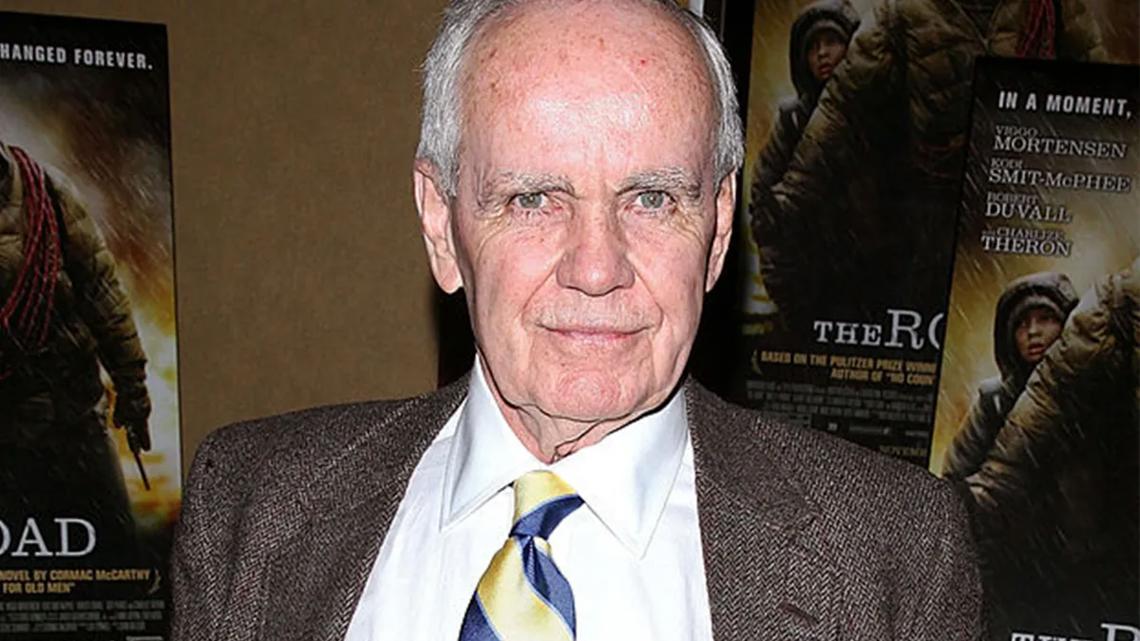McCarthy died in June 2023. His estate includes roughly 20,000 books, many of which are being given to UT Knoxville.
KNOXVILLE, Tenn. — The University of Tennessee is about to acquire thousands of books from the estate of a Pulitzer Prize-winning Knoxvillian known for his dense dialogue, gritty themes and endlessly curious mind.
Cormac McCarthy, whose awakening as a writer started right here in East Tennessee, died in June 2023 at age 89 in his Santa Fe, N.M., home.
His younger brother, Dennis, a writer and former Knoxville lawyer, is giving UT some 15,000 to 18,000 books from McCarthy’s personal library. McCarthy grew up in Knoxville and attended UT a couple times in the 1950s but did not graduate from it.
UT probably will start receiving them next year, said Steven Smith, dean of libraries and of the University Press. Smith himself will head to New Mexico later this month with other library personnel to meet with scholars and assess what they’re about to get.

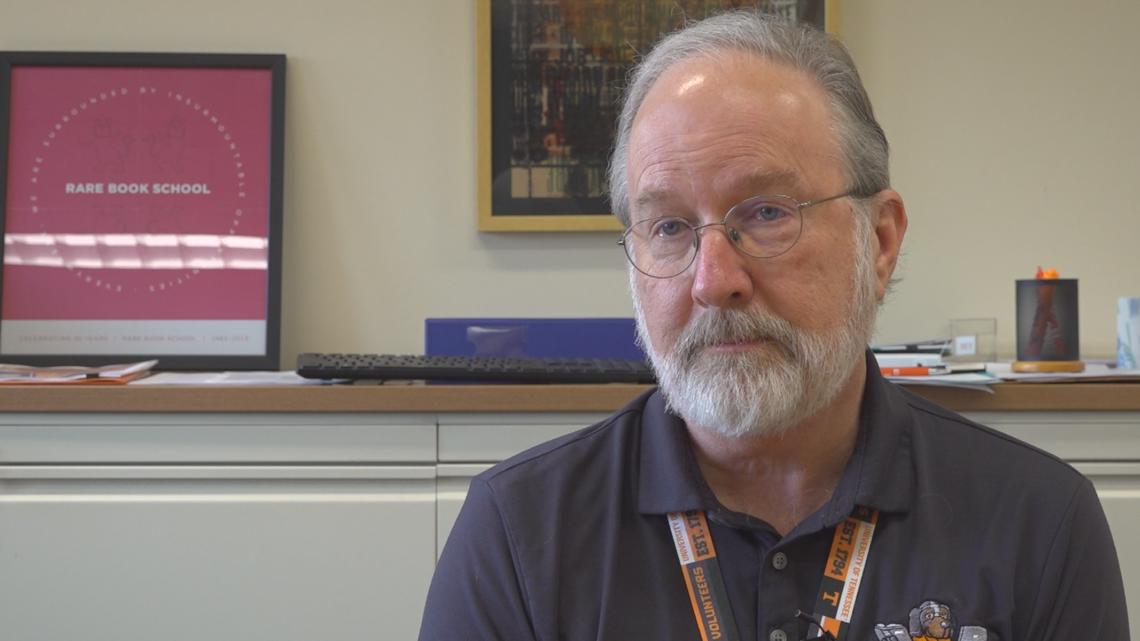
“Cormac is one of his generation’s greatest writers. He’s a real American literary treasure. To have his collection — a large portion of it — come here is a great honor,” Smith said.
His collection will join what the university already has from East Tennessee writer Wilma Dykeman and artist Beauford Delaney, among others.
McCarthy had an “omnivore” diet as a reader, Smith told WBIR.
“He always seems to have been reading and consuming,” he said.
Many of his books served as research as he prepared to write his novels, which ranged from “All the Pretty Horses” to “The Road” to his final books, “The Passenger” and “Stella Maris”, said Stacey Peebles, a professor at Centre College in Kentucky, editor of The Cormac McCarthy Journal and president of the Cormac McCarthy Society.
UT started talking with Dennis McCarthy about his brother’s books after he died, Smith said.
Once scholars started digging into the massive number of volumes inside McCarthy’s home, they realized he’d made notes to himself inside many. His library includes roughly 2,000 with annotations — and those are going to the Witliff Collections at Texas State University at San Marcos.
The Witliff already has McCarthy’s papers, published and unpublished, from 1964-2007, documenting his evolution as an internationally recognized novelist. McCarthy sold the collection to Texas State for $2 million, according to UT.

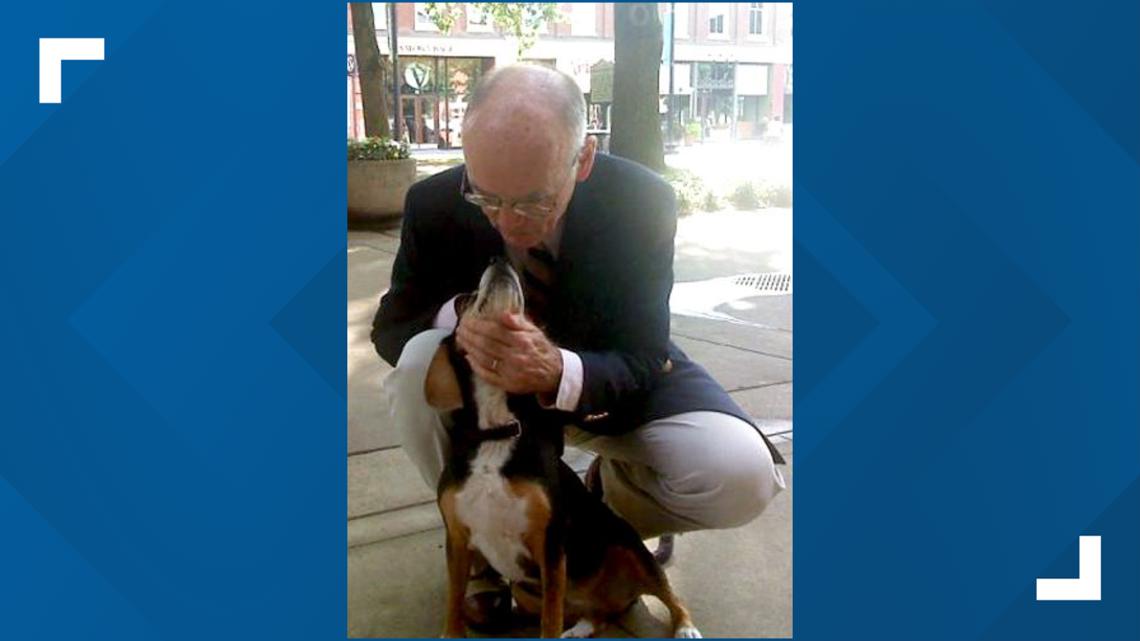
The Santa Fe Institute, a research center at which McCarthy was a trustee, also will get some of McCarthy’s books.
But, Smith said, UT Knoxville will get the vast majority.
They’ll be available for scholars, teachers and students. As just one example, Smith said, a class in American literature could come see UT’s collection and get a sense of the building material McCarthy used to create his own novels and plays.
“This will be one of our treasures,” Smith said.
The library system will also be able to put his books on display, enlightening visitors about themes and topics related to McCarthy, Smith said.
The current issue of “Smithsonian Magazine” documents the work that went into cataloguing McCarthy’s massive personal library, held both in his adobe house as well as in a couple Southwestern storage locations.
Among those deep in the trenches of that task was Peebles. She and other McCarthy scholars worked for days at a time sorting through books.

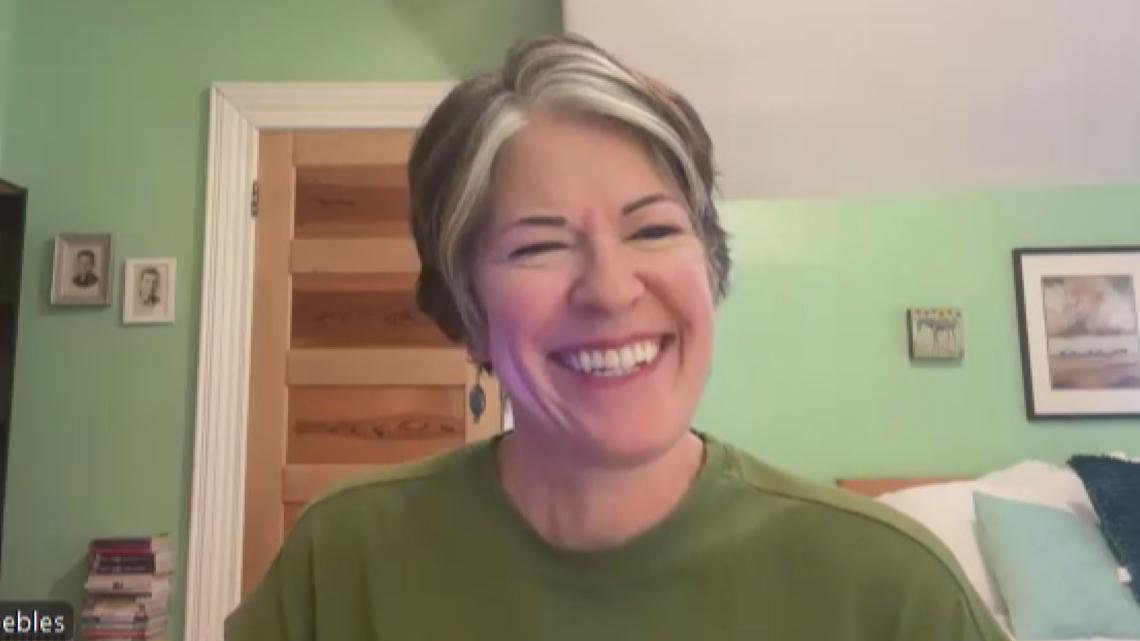
“This is not a small house,” Peebles said. “It’s two stories plus a full, finished basement.”
Books filled entire rooms. Scholars ended up nicknaming one of the rooms “The Beast” because it was so formidable.
It took roughly a year to go through all that McCarthy had, she said, from about May 2024 until May of this year.
Every day offered the potential of a new discovery, new insight into what the voracious — but very private — writer was thinking.
“He would write comments in the margins. He would summarize arguments or push back and say, This is silly, or, you know, this isn’t right. And then he would make connections to other writers or other thinkers,” Peebles said.

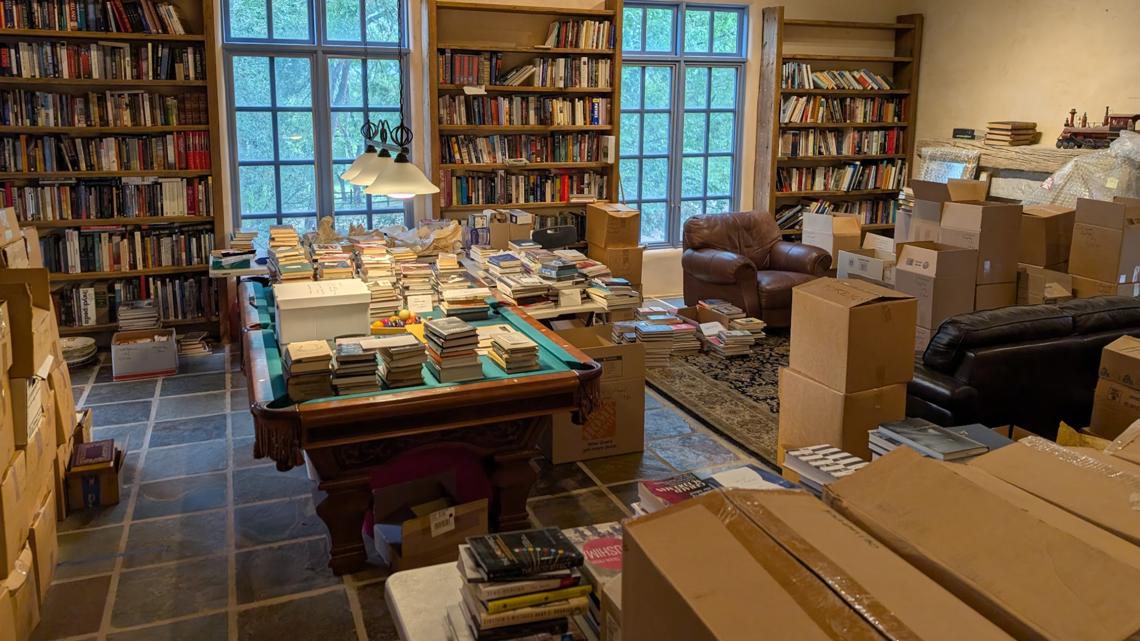
“He would often call an author by their first name if he was disagreeing with them. You know, come on, Dan! That kind of thing. He would also make notes to himself, turns of phrase or facts or idioms that maybe he wanted to keep in mind and then use later in his writing.”
McCarthy also kept many copies of his own books, including translations in other languages, Peebles said.
As he got older, it appeared to Peebles that he spent more time nosing through books about math and science. Both topics fascinated him.
Often those subjects went directly into the mouths of his characters.
“It’s really fun when you can see just the straight line from stuff that he was reading and testing out and engaging with, and then it becomes his fiction,” she said. “It’s not a 1-to-1 transference. But you can see how the ideas are feeding the stories that he writes.”

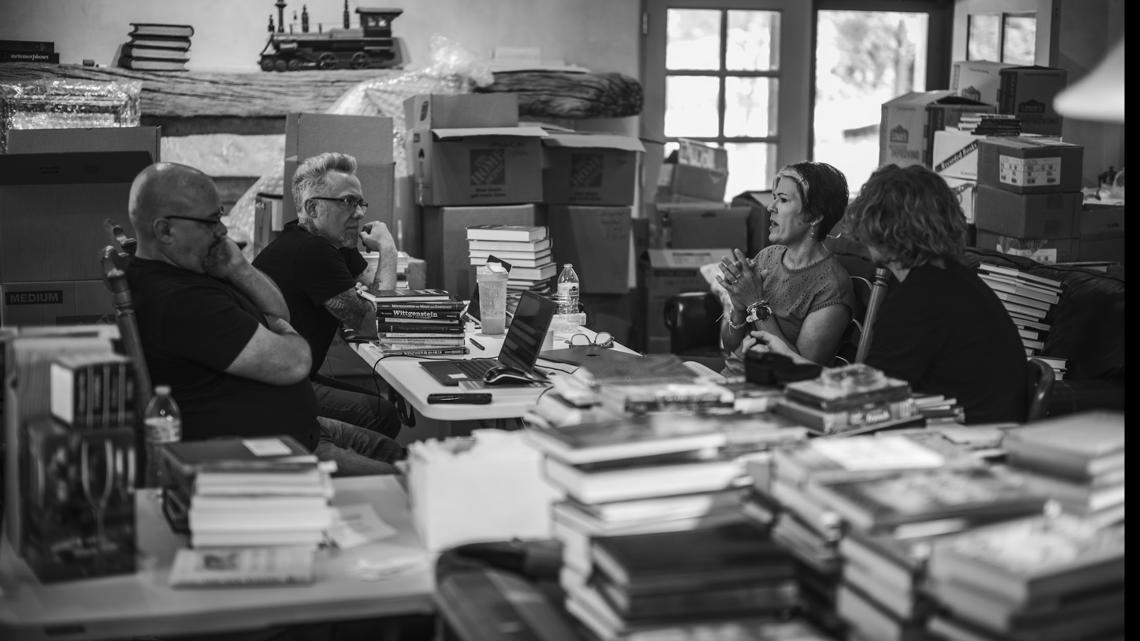
Peebles said one of her personal favorite finds was an old, annotated copy of James Joyce’s “Ulysses”. McCarthy kept several, but one in particular struck the professor.
Some compare McCarthy’s treatment of Knoxville in his novel “Suttree” as similar to Joyce’s treatment of Dublin, Ireland, in “Ulysses”.
As she looked closer at his annotations in this particular copy, it struck her that it might have been one he read as a student, maybe in college. His handwriting is different than what can be seen in later years.
“He’s not engaging with it in the same way that you can see him with a math book or a science book or a history book,” Peebles said. “I have no idea when or what class he might have read that in, but to see that and be blown away by that — why does this look different?
“This is a young McCarthy, perhaps reading this for the first time — and that was really exciting.”
Peebles said she’s working on a searchable database in conjunction with the University of South Carolina Press that’ll be available online. Researchers will be able to see what books he’d read, how many copies he had and what was annotated.
Next fall, the Cormac McCarthy Society will meet in Knoxville. They also convened here two years ago. Peebles hopes to coordinate with Smith and UT for the event, perhaps with an exhibit.
Peebles had never been in McCarthy’s house before he died, so spending all that time there was an experience. You couldn’t help but feel his presence, she said.
“He read lots of books and he wrote great books, right? I don’t think you can exist in that and not feel reverence for that. And not feel like this is the aura of an artist…in these artifacts.”

